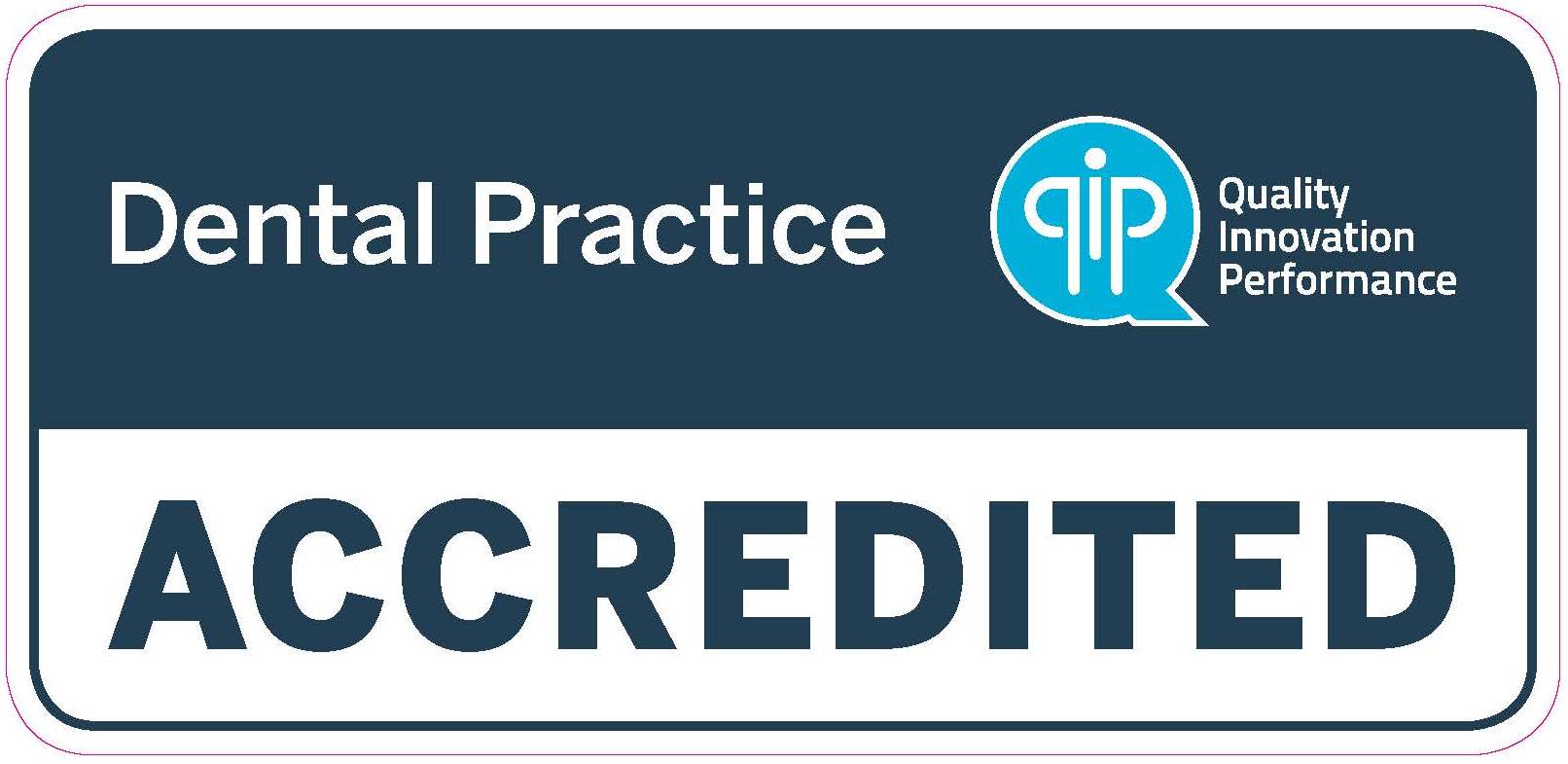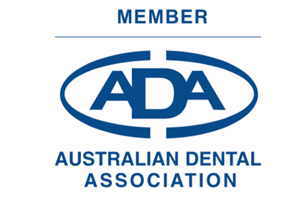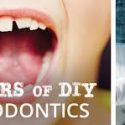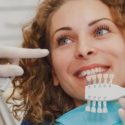Oral Health During Pregnancy
Most importantly, Congratulations!
With all the things you need to think about during pregnancy, as a practice of all females we completely understand your to-do list is probably already very overwhelming and worrying about seeing your dentist may not be very high on the list. But you may not know that oral health has a big impact on your overall health which in turn has a major influence on the health of your baby, so it’s important that you maintain a good oral health routine throughout your pregnancy, and beyond. Unfortunately hormonal fluctuations during pregnancy can exacerbate problems with your teeth and gums, and so you should maintain regular check-ups and cleanings. Some women during pregnancy find they need to visit the dentist on a 3 monthly basis, to ensure the bacteria in your mouth is under control and the health of their teeth and gums are given the best opportunity. Your dentist is well-versed in which medications you can safely take while pregnant, and which procedures can be safely done at different stages of pregnancy. No two bodies or mouths are the same and a tailored plan for your individual needs can be made between yourself and your dentist.
How to deal with those food cravings and morning sickness
Unusual food cravings are a fact of life for many women during pregnancy. For instance, you might routinely wake up at midnight desperate for that chocolate hit or hot chips with ice-cream. If your cravings take a turn towards the sweet end of things, try to limit the sugary snacks and instead, choose healthier options such as fresh fruit with natural or Greek yoghurt. We know you are only human! It can be difficult!
If you suffer from morning sickness, you need to know that vomit is highly acidic and can cause irreversible damage to your teeth. Tempting though it is to brush your teeth straight after a bout of morning sickness, it’s best to wait an hour or so as brushing too soon can strip away the enamel, which is the softened protective coating of your teeth, leaving them more vulnerable to decay and sensitivity. While you’re waiting, try rinsing your mouth with water to neutralise the acids, chew sugar-free gum or try eating an acid-neutralising food such as milk or a safe cheese approved by your pregnancy specialists.
Brushing and flossing
It is crucial that you maintain your usual oral health routine even more so when you’re pregnant since hormonal changes mean that you have an increased susceptibility to gum inflammations and infections. Some women develop “pregnancy gingivitis”, where gums swell and become more sensitive and bleed during brushing and flossing. Should this happen to you, your dentist is able to keep a close eye on your gums and help you manage the condition. Generally this condition will resolve itself after you have your baby.







